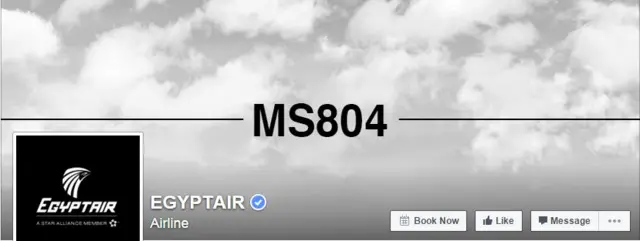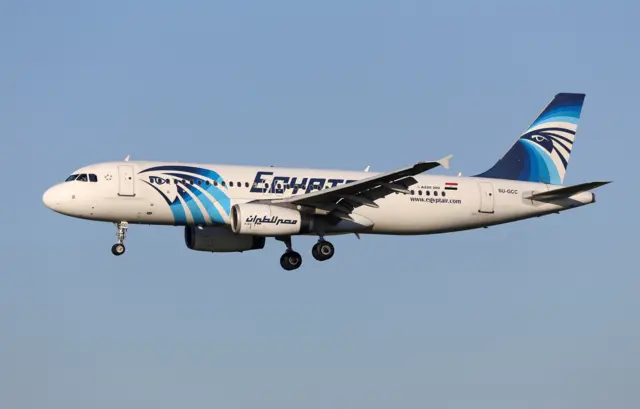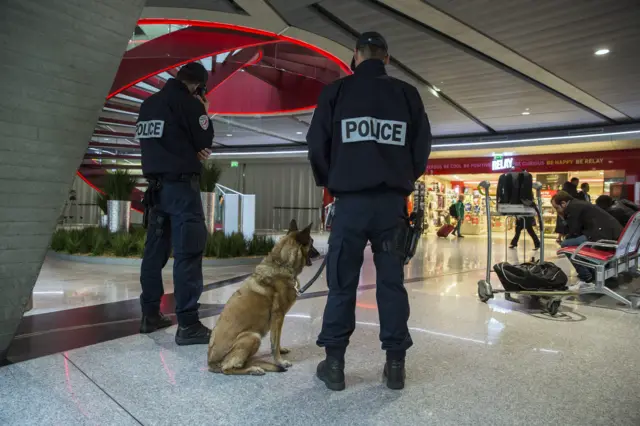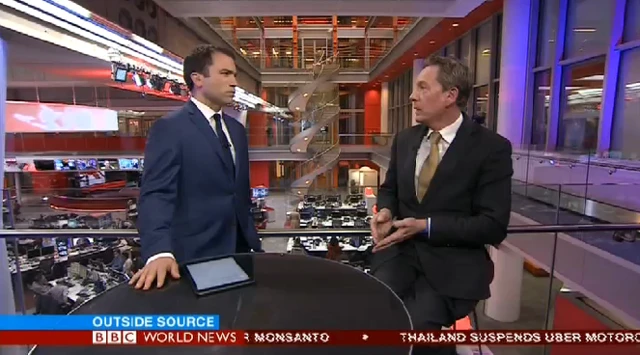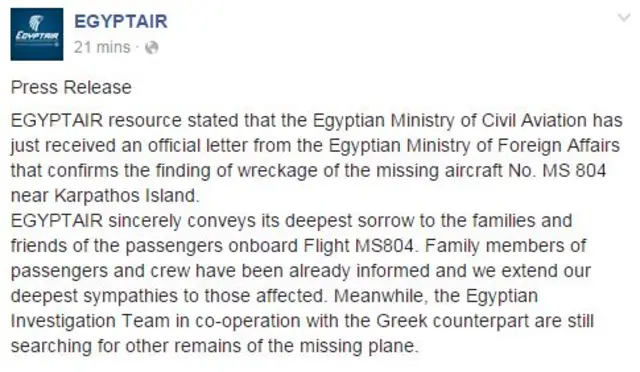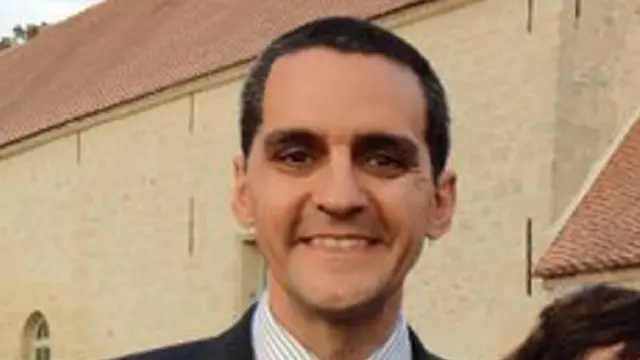Search for missing flight continuespublished at 22:31 BST 19 May 2016
We are going to pause our live coverage. Here's a summary of the latest developments:
- Earlier on Thursday, EgyptAir said debris found floating on the Mediterranean Sea was from the missing flight
- But after a top Greek official disputed this, saying the wreckage found wasn't actually from the airliner, the company's vice president reportedly retracted that claim
- There has been no official statement on the wreckage from EgyptAir since
- Officials and experts say the plane is more likely to have been brought down by a terrorist act than a technical fault
- You can go through the latest here
- Here is what we know so far
